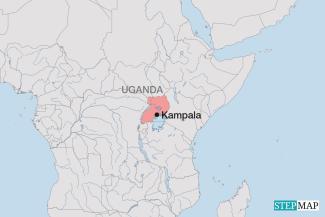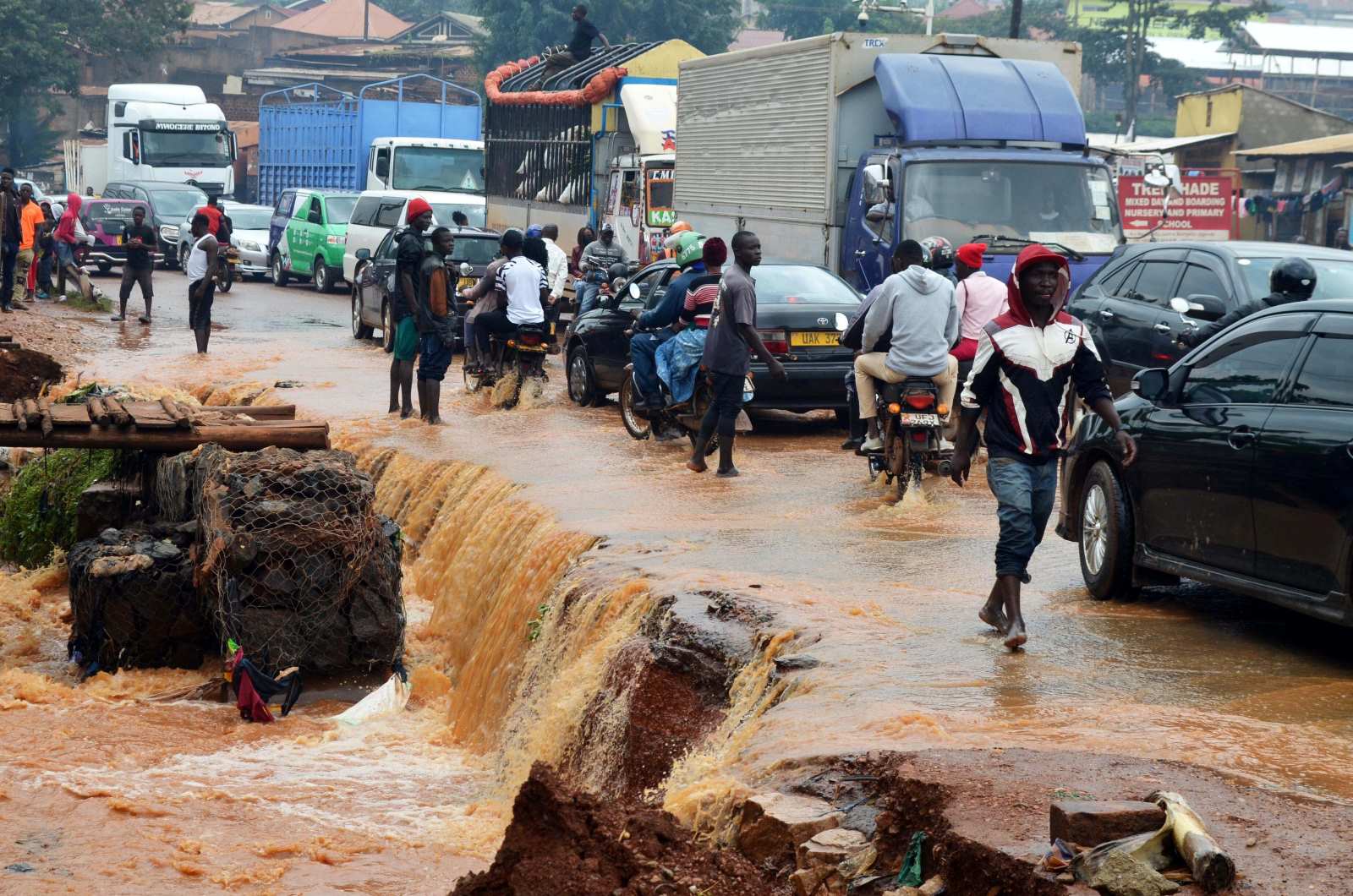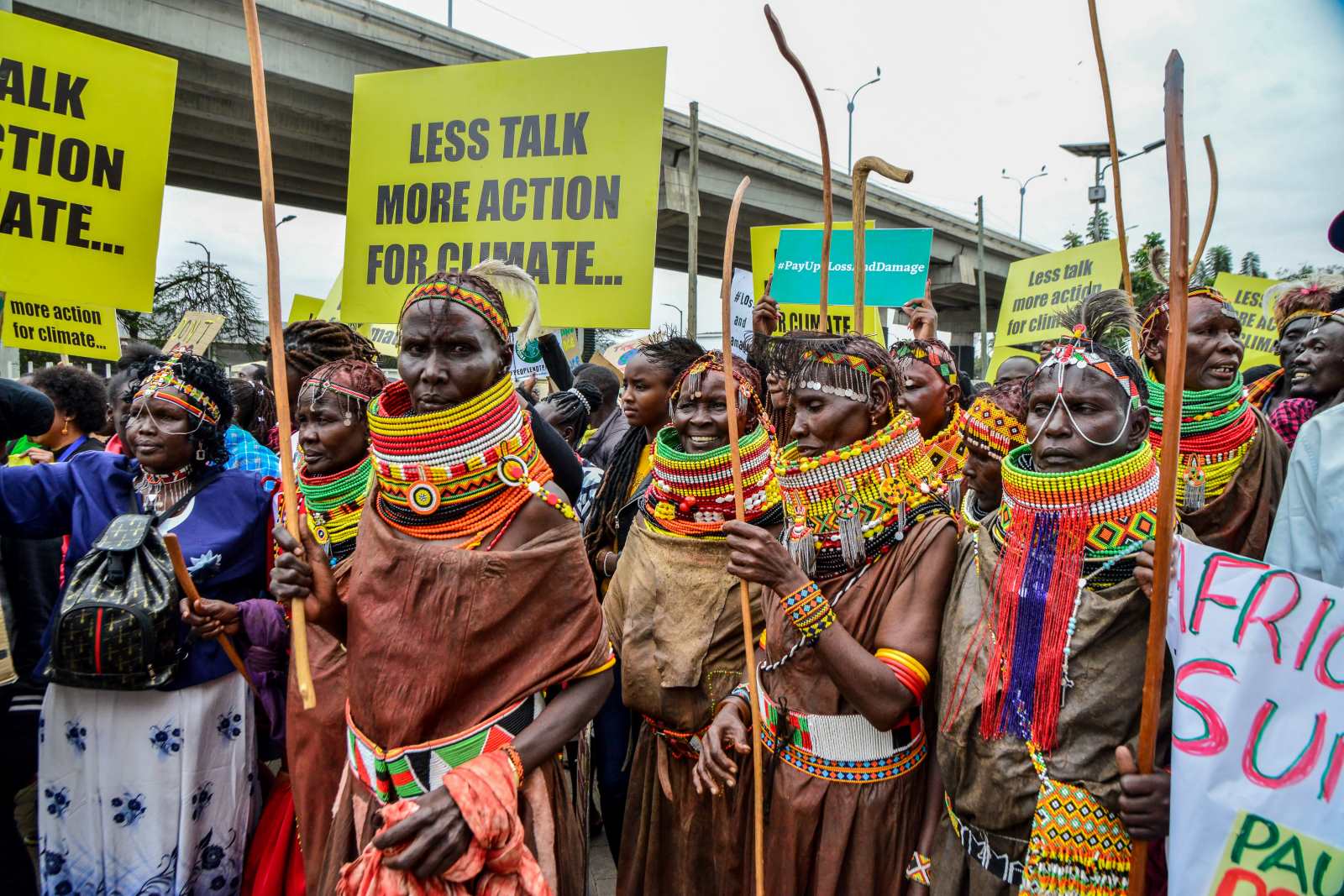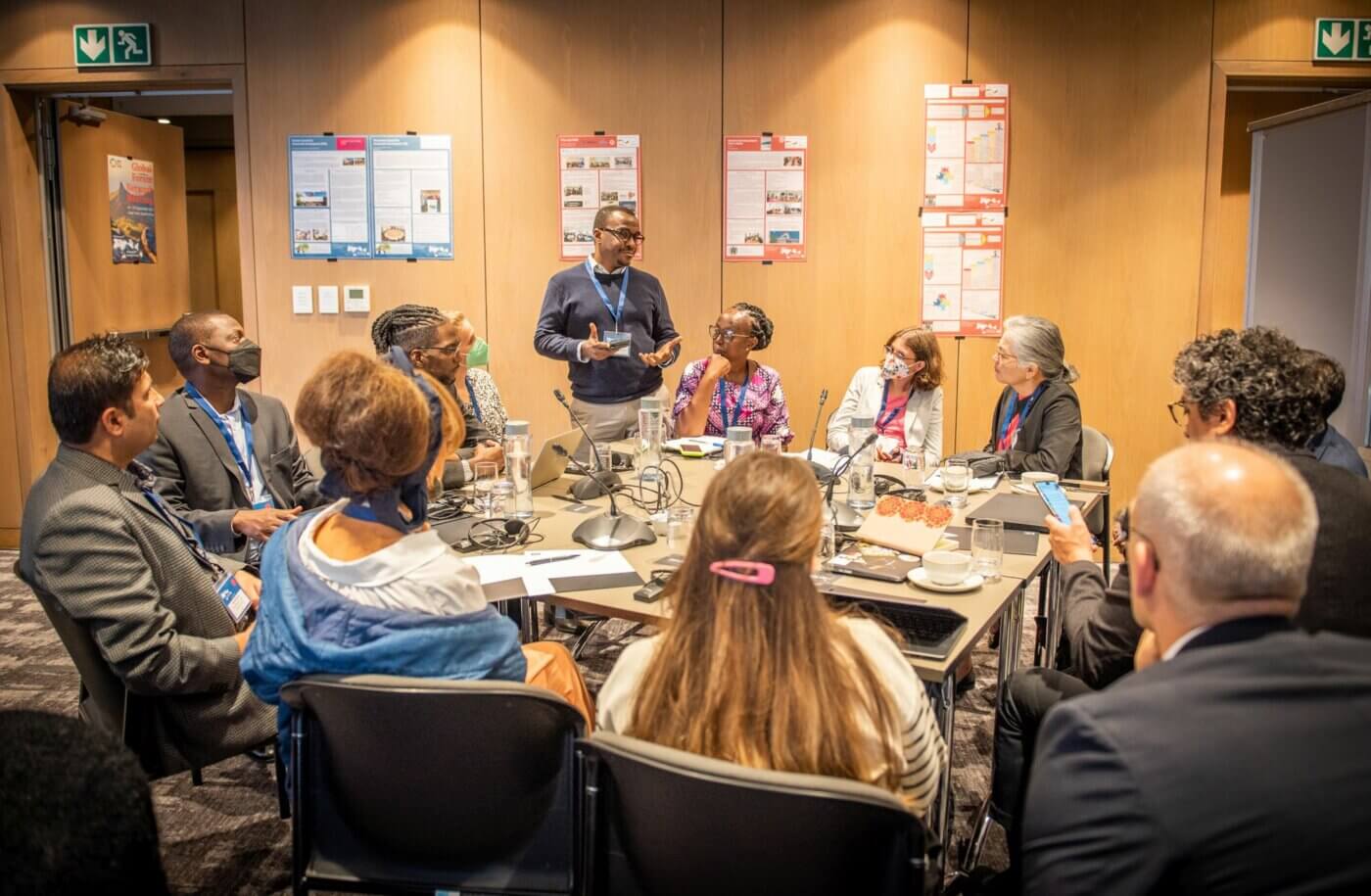Uganda
Kampala’s urgent road infrastructure challenges

Uganda’s capital has ambitious plans to become a “smart city.” Recent events have proved how tough it will be to achieve these aspirations, however. The city still faces the daunting task of fixing its road infrastructure.
On a rainy day in Kampala, it is common to find uncontrolled flooding as roads swell with unchanneled water. Water-drainage systems are non-existent or broken. Driving becomes a sport only for the brave or reckless. It is common to find cars being swept away by the flooding, or motorcycles being swallowed into open channels.
“Our city’s road infrastructure is rotten! On a rainy day, the whole city becomes a river. Only foolish riders will dare move in such unsafe conditions. It is hard to understand why despite a rigid taxation regime, the money is unable to fix our roads,” says Kisuule Juma, an operator of a commercial motorcycle taxi, commonly known as “boda boda” in East Africa.
Improvement of road infrastructure in Kampala has been on the agenda for the government as well as development partners. In 2021, the city received a loan worth $ 288 million for the “Kampala City Roads Rehabilitation Project (KCRRP)” from the African Development Bank and the African Development Fund to enhance transport efficiency and improve air quality in the city.
This would be implemented by Kampala Capital City Authority (KCCA) and would include expanding road networks to reduce traffic congestion and implementing “Eco-Bus transit services and broadening travel choices for non-vehicular movements within Kampala by expanding networks of walkways and cycling tracks,” KCCA states on their website.
Obstacles to Kampala’s progress
Despite initial delays in the project caused by the Covid-19 pandemic, KCRRP officially commenced in 2022 and has since shown substantial progress. The project encompasses refurbishing 22 traffic junctions, creating 123 kilometres of non-motorised transport facilities and establishing parking spaces, bus depots, public toilets and markets for women vendors along the project roads. Additionally, energy-efficient streetlights and urban beautification to enhance Kampala’s urban environment are planned.
Dorothy Kisaka, Executive Director at KCCA until September 2024, lauded the city’s efforts to improve infrastructure. “These road rehabilitations are not just about transportation improvement; they aim to enhance Kampala’s overall quality of life,” Kisaka emphasised. “We are committed to delivering these projects on schedule and to the highest standards,” she said.
Extreme weather damages drainage channels
Despite some progress in reviving the city’s roads, multiple crises still present challenges. Extreme weather conditions continue to result in flooding, for example. This stalls the progress of road works, washes away installed infrastructure and damages water drainage channels. Roads that have recently been fixed are already showing cracks and potholes.
“We commend KCCA for works on some roads. However, we are frustrated because the lifespan is short. Maybe it is their fault or not. Much more needs to be done to make the roads functional,” says Mugisha Allan, a civil engineer and Kampala resident.
“This city is funny. They have installed expensive traffic signals and lights, but we still see that some are off, while others are ignored at the instruction of traffic policemen who chose to take over the direction of traffic,” Mugisha adds.
Frank Rusa, the acting executive director for Kampala city, recognises the challenges that the city faces in implementing the road infrastructure rehabilitation project. He is however confident that they can improve.
“The KCRRP will be accelerated to improve road infrastructure. We are committed to increasing project performance from the current 20 % to 40 % over the next interim period, enhancing road access and city connectivity,” Rusa says.
Sheillah Abaho is a Ugandan writer based in Kampala.
sheilaabaho2@gmail.com

















